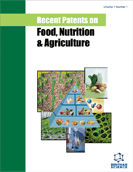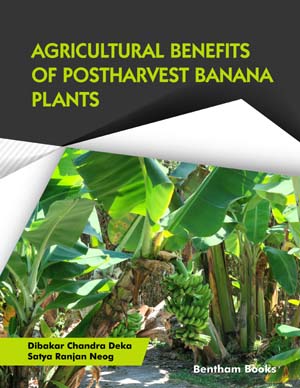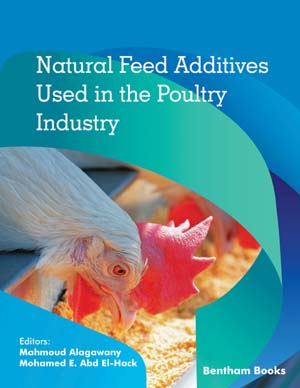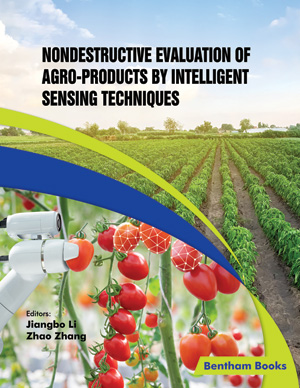Abstract
Oxidative stress results from an imbalance in the production of reactive oxygen species (ROS) and cells own antioxidant defenses that in part lead to numerous carcinogenesis. Several phytochemicals, derived from vegetables, fruits, herbs and spices, have demonstrated excellent chemopreventive properties against carcinogenesis by regulating the redox status of the cells during oxidative stress. I3C (indole-3-carbinol) and DIM (diindolylmethane) are the phytochemicals that are found in all types of cruciferous vegetables and demonstrated exceptional anti-cancer effects against hormone responsive cancers like breast, prostate and ovarian cancers. Novel analogs of I3C were designed to enhance the overall efficacy, particularly with respect to the therapeutic activity and oral bioavailability and that results in several patent applications on symptoms associated with endometriosis, vaginal neoplasia, cervical dysplasia and mastalgia. Likewise, DIM and its derivatives are patented for treatment and prevention of leiomyomas, HPV infection, respiratory syncytial virus, angiogenesis, atherosclerosis and anti-proliferative actions. On the other hand, phytochemicals in cardamom have not been explored in great details but limonene and cineole demonstrate promising effects against carcinogenesis. Thus studies with selected phytochemicals of cardamom and bioavailability research might lead to many patent applications. This review is focused on the patents generated on the effects of I3C, DIM and selected phytochemicals of cardamom on carcinogenesis.
Keywords: Carcinogenesis, chemoprevention, phytochemicals, I3C, DIM, cardamom, antioxidants
 37
37












